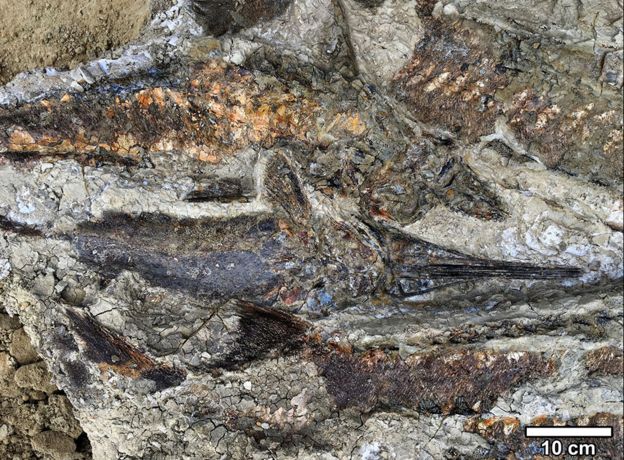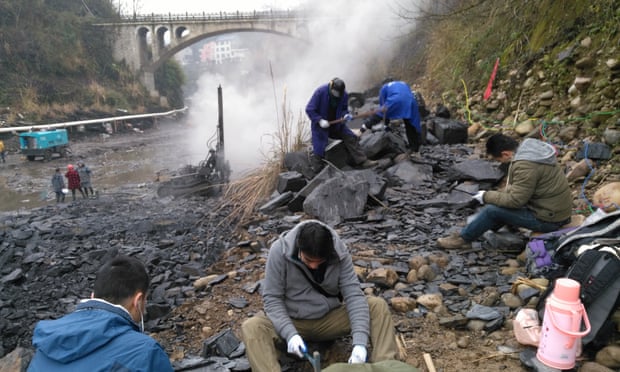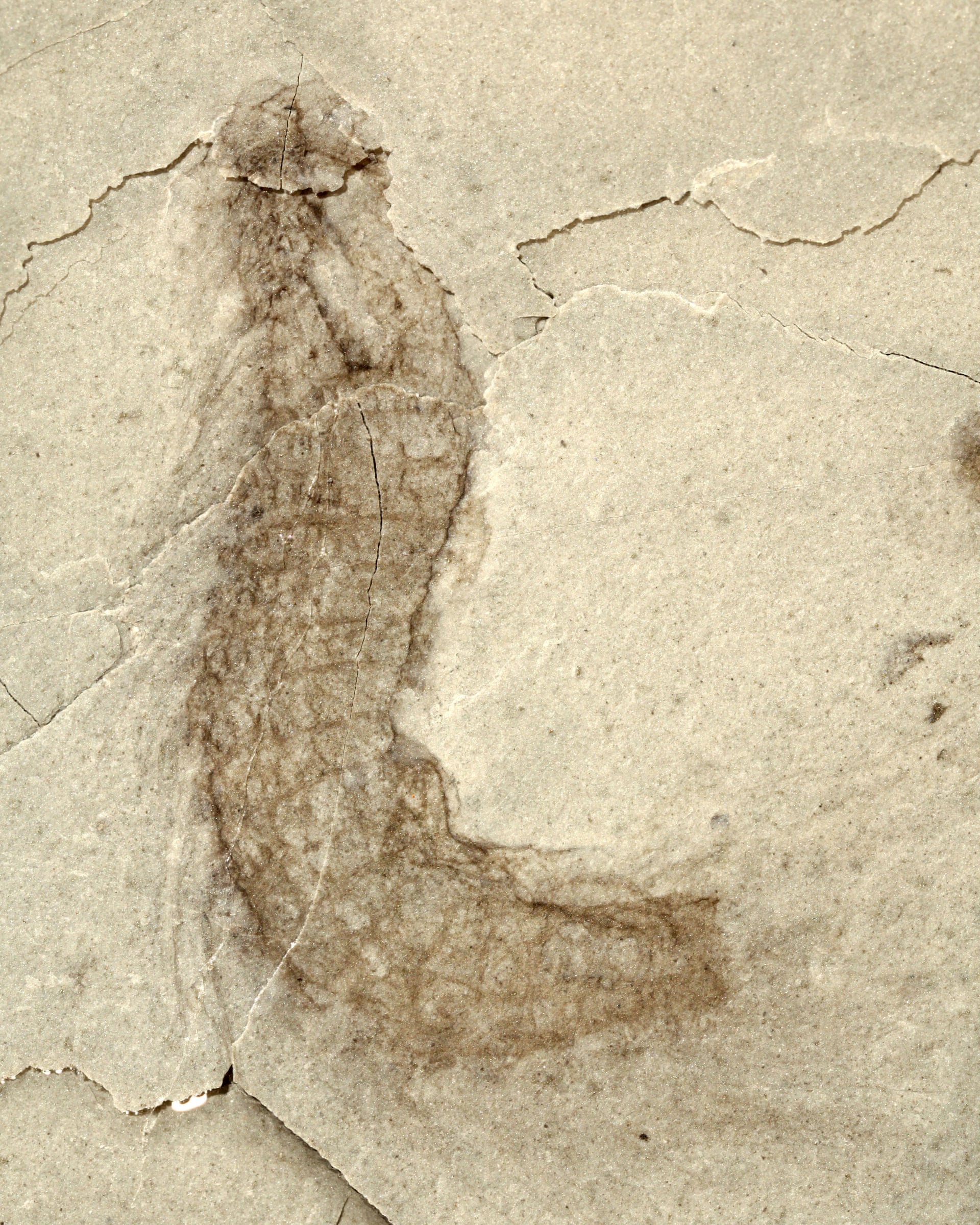NEXT WEEKS EVENTS
1st to 7th April 2019
THE FOLLOWING IS AN EXTRACT FROM BRISTOL AND WEST COUNTRY GEOLOGY CALENDARS
MORE DETAILS CAN BE FOUND IN THE BRISTOL AND THE WEST COUNTRY CALENDARS AND ON THE WEB SITES OF THE RELEVANT SOCIETY OR ORGANISATION.
MONDAY 1st
TUESDAY 2nd
WEDNESDAY 3rd
Thursday 4th
Bath Geol Soc - Lecture
When
Thu, 4 April, 19:30 – 21:00
Where
Bath Royal Literary and Scientific Institution, 16 Queen Square, Bath (map)
Description
Dr. James Verdon (Bristol)
The shale gas boom: A history of “fracking" from the 19th to the 21st centuries.
Abstract
Hydraulic fracturing, or fracking, for shale gas has become an issue of significant public debate. In this talk I will chart the history of this often poorly-understood technology, from the original well-shooters of the 19th Century, through to modern-day shale gas developments.
Friday 5th
Saturday 6th
SGMRG - Conference
When
Sat, 6 April, 09:30 – 16:00
Where
Saltford (map)
Description
South West Industrial Archaeology Conference - Saltford
Sunday 7th
NEXT WEEKS EVENTS
Bath Geol Soc - Lecture
When
Thu, 4 April, 19:30 – 21:00
Where
Bath Royal Literary and Scientific Institution, 16 Queen Square, Bath (map)
Description
Dr. James Verdon (Bristol)
The shale gas boom: A history of “fracking" from the 19th to the 21st centuries.
Abstract
Hydraulic fracturing, or fracking, for shale gas has become an issue of significant public debate. In this talk I will chart the history of this often poorly-understood technology, from the original well-shooters of the 19th Century, through to modern-day shale gas developments.
SGMRG - Conference
When
Sat, 6 April, 09:30 – 16:00
Where
Saltford (map)
Description
South West Industrial Archaeology Conference - Saltford




